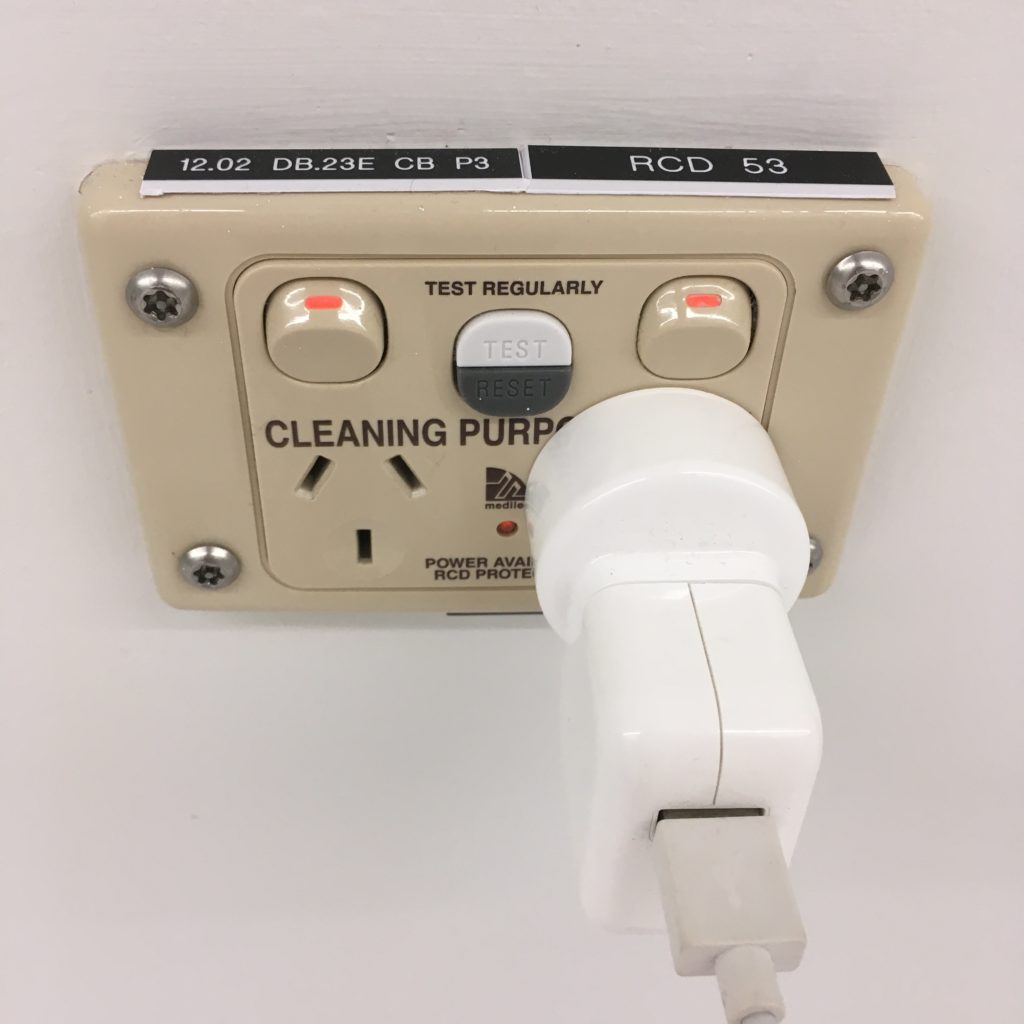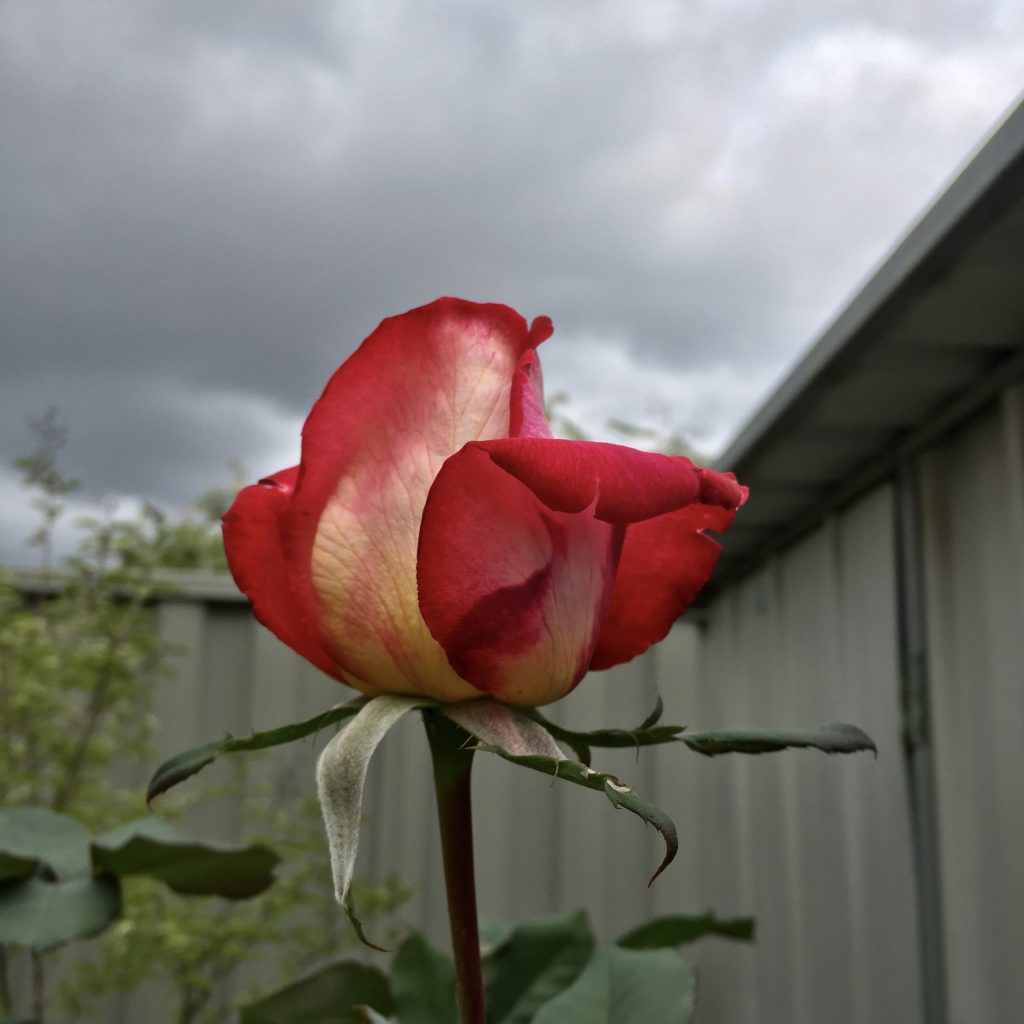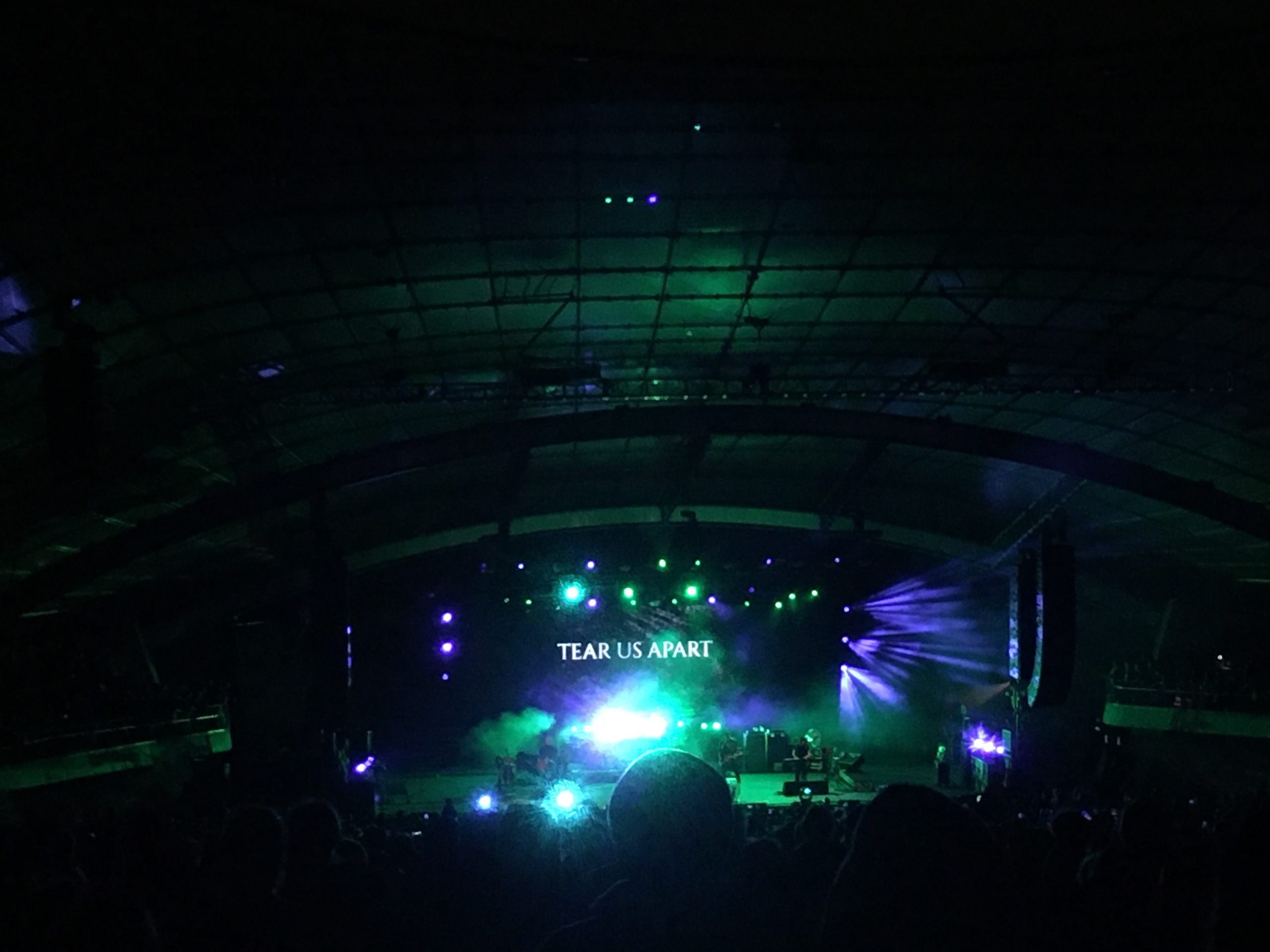Content warning: this post discusses suicidality, anti-depressant medication and hospitalisation in a mental health ward.
Of all the money that ‘ere I had
I spent it in good company
And of all the harm that ‘ere I done
Alas, it was to none but me
I wrote two weeks ago that ‘Home is the only place I feel safe at the moment’. As it turned out, this wasn’t true for very long. Coronavirus has transformed every aspect of our lives, but I haven’t read the news in days. Don’t tell me what’s happening. I don’t want to know.
I’ve been very ill. Not with covid-19, I hasten to add. I’ve been acutely anxious for a shorter time and chronically depressed for a longer time. The former catapulted me into the doctor’s office. The latter had lain unattended for months if not years, despite my friends’ efforts to persuade me to get treatment. I went from doing nothing about my deteriorating mental health to suddenly doing all the things. Highly on brand.
As part of this I reluctantly decided, in forlorn hope of prompt improvement, to give anti-depressants another go. I spent four days on the most horrible medication I’ve ever taken, an hour at the doctor the following Tuesday, fifteen minutes in an ambulance, seven hours in emergency and seventy-two hours in hospital, followed by an indefinite stay at my mother’s, who found this all out rather suddenly. We’re not great communicators.
The world grieves for those we’ve lost to coronavirus. But last week I switched off the world, as I tried not to lose myself.
For all I’ve done in want of wit
To mem’ry now I can’t recall
I don’t remember a whole lot of that weekend. The meds felt like a bad trip on one of those fun drugs I’ve never taken. I barely ate. I barely felt. I barely rose. I barely slept. I did get pizza delivered, though. (That was a huge mistake.) I had never been so ill in my life. I was terrified of what my brain could do to me.
So fill to me the parting glass
Good night and joy be with you all
I woke two Saturdays ago to the most horrific thoughts. They weren’t my thoughts; they arrived from somewhere else, and lodged themselves in my brain. The leaflet had mentioned this could happen, but I didn’t expect them so soon, or with such horrendous force. I fought these impulses with everything I had. I marvel, now, at how I found the strength to do this alone.
My own psyche didn’t want me here. But I had other ideas.
I didn’t know the place existed before I ended up there: a six-bed ‘low-dependency acute mental health unit’ located out the back of the emergency department. It’s a short-stay unit designed for people who need an extended mental health assessment, to get their meds sorted, or just somewhere to be safe and supervised for a few days. The main inpatient mental health ward, which I came to call ‘long-stay’, is at the other end of the hospital.
It’s little things I remember. I took a shower this morning and was instantly reminded of the shared bathroom in the ward. There are no hot taps, only cold and ‘warm’, which is just warm enough so as not to be cold, but isn’t really warming at all. I recalled episode 3 of No Feeling is Final where Honor is admitted to a mental health facility and describes the bathroom in detail. I recognised things I had never seen before. The shower head was the same. The conspicuous absence of towel rails.
In Honor’s opinion: ‘Hospital isn’t a place you go to get better. It’s a place you go to not die.’ It’s true that hospital didn’t magically cure my brain. And I suppose not dying was part of the goal. But for me hospital is fundamentally a place you go to be safe. It wasn’t until I subconsciously said as much to the triage nurse that I realised I didn’t feel safe at home. Strange to think now that even during a pandemic, I felt safest in hospital.
Of all the comrades that e’er I had
They’re sorry for my going away
And of all the sweethearts that e’er I had
They’d wish me one more day to stay
I was well looked after in the short-stay ward. A nurse noticed I wasn’t eating (and hadn’t been for days) so they brought a dietitian around to learn about my usual eating patterns and habits. The next day the lunch tray was full of things I had mentioned I liked—salad, a sandwich, yoghurt, orange juice, custard. (Apparently hospital custard either really appeals or really doesn’t. I said I liked it, so naturally it appeared with every meal.) Someone had clearly gone to a lot of effort to assemble a meal they thought I would eat. I was very touched by their efforts and valiantly ate the sandwich over the course of an hour. The nurses subsequently woke me up for dinner, which I thought was highly unreasonable. Didn’t they know I had already eaten lunch?!
My mum visited every day, coronavirus be damned. The hospital has limited visitor numbers to one per patient per day (and no, you can’t tag-team, as my brother unfortunately learned). Everyone has their own room, but the mattress foam was so hard and uncomfortable it felt like sleeping on concrete. They let me keep my phone, though I had to charge it in the hallway in sight of the nurses’ station. It felt a little weird leaving my phone unattended outside my door, but I was confident nobody would steal it.

My only real complaint about my time in hospital was the complete unavailability of any psychologists. Having refused all offers of alternative medication it was the one thing I said I really wanted, yet despite the nurses’ considerable efforts they couldn’t find a free psychologist to see me before I was discharged. It seemed deeply ironic that I was able to see a psychiatrist every day, had (controlled) access to all kinds of serious brain meds, could have doused myself in Seroquel if I so chose, but couldn’t get hold of someone to simply talk to for an hour.
Having said that: one particular psychiatrist was absolutely amazing, and worth the price of admission alone. She explained in great detail why the meds hadn’t worked for me and that I wasn’t meant to feel like a rotting potato on them (who knew?), outlined alternatives that might work better in case I changed my mind about medicating, and discussed a couple of other highly illuminating things that Explained A Lot about how my brain works. For the first time in a long time I left a doctor’s appointment with more answers than questions. It’s one thing to know what is happening, but quite another to understand why it’s happening. At last I could start to make sense of it all.
Honor was totally right about one thing, though: the lack of good snack options in psych hospital. The patient fridge had a large vegetable crisper that was completely full of, I kid you not, hundreds of tiny packets of lactose-free margarine. I wondered just how many lactose-free people had stayed there, and how much margarine they collectively hadn’t eaten, and why the fridge was hoarding it all. I also wondered who nicked my orange juice popper out of the fridge. I’m still cranky about that.
I find myself now in what should probably be called the ‘recovery’ phase, but I’m still processing the speed at which I took ill in the first place. Was I really in hospital for three days last week? Did that actually happen to me? Did I really spend the four days before that in a medicated stupor? The weeks before that rolling slowly downhill? What on earth did I say on the phone to people?!
If nothing else, my time in hospital gave me the greatest excuse ever to not get back to people. I was like, ‘I am literally in a psychiatric facility! I am profoundly unavailable! I’m not going to return your call! Or answer your email! Not even sorry!’. My sole responsibility in hospital was to get better. That was it. That was all I had to do. I had literally one job. I didn’t have to go anywhere, or see anyone, or do anything except rest and heal. A nurse commented that people often complain of being bored in the short-stay unit. The idea of boredom while acutely ill hadn’t even occurred to me, but I figured if someone had the energy to be bored, they were probably ready to go home.
I’m still on sick leave, by the way. I ran out of the paid variety so now I’m sitting at home (at my mother’s! But I love that I reflexively call it home) for free, getting better, doing nothing, planting bulbs, reading books, drinking tea, finding a psychologist, thinking about maybe going back to work next week, sleeping, writing, convalescing, healing. I tweeted in hospital about how I missed green things, could twitter maybe share some flowers and houseplants with me, and wow did twitter rise to the occasion. A whole thread of abundant flowers, plants, landscapes, outsides. It was beautiful. It was Good Twitter. People are so kind to me.

I like to sit outside in mum’s beautiful garden, surrounded by birds and insects and flowers no virus can harm. Plants have no care for our human worries. They’re growing despite our fears. Perhaps, as I enjoy this light breeze and dappled sunshine, I am slowly regaining my ability to feel things, and so I feel them more intensely. But I would always choose too many feelings over no feelings at all. I can only hope I remain well enough to be able to make that choice.
I have mixed feelings about being mentally ill during a pandemic, occupying a hospital bed and using precious health resources. To be sure, my coronavirus-induced anxiety was an aggravating factor, but I had been ill already for a long time, and it so happened that this was what finally compelled me to go to the doctor. Yet I know so many others are in need of psychological help, many for the first time, to say nothing of the complex needs of thousands ill with covid-19. I try not to let my well-developed guilt complex get the better of me. There are, for the moment, enough resources to go around.
It may seem odd to talk about all this so openly, but writing this post has really helped me process everything that happened to me over the last few weeks, and it’s set me up psychologically for the next stage of healing. I’ve also benefited from recent blog and Patreon posts from the Big Feels Club, as well as back issues of the Head Desk newsletter by Jenna Sten, whose zine ritual/distraction I had the pleasure of buying for work last year. I bought myself a copy recently, too.
But as it falls into my lot
That I must go and you must not
I’ll gently rise and I’ll softly call
Good night and joy be with you all
These days I recoil from a lot of the language we typically use to describe mental illness. It took me a long, long time to accept the idea that being mentally ill was not my fault. I think of it now like any other illness. My brain was sick. I went to hospital to get better. This is simplistic language, but I think a lot of us have internalised this shame narrative that we are somehow at fault if our brains stop working. I didn’t choose to be ill. I certainly didn’t choose the horrific thoughts that have visited me recently. It didn’t make me stupid, or irresponsible, or somehow undeserving of help. It simply meant I was sick. And I needed care.
During periods of acute not-coping I tend to play one song on repeat for days on end, clinging to it like a lifeboat. This time it was traditional Scottish / Irish folk song The Parting Glass, as performed by Hozier on a late-night Irish talk show. I hope he releases this as a single. I would purchase the hell out of it.
The great thing about Scottish and Irish folk songs is that almost anyone sounds good singing them, and they’re as warm and dark and bitter as the beers they’re meant to accompany. I’ll never sound as good as Hozier, but I can hold a tune, and it was a particular comfort to hum and sing this to myself at irregular intervals.
Sports writer Geoff Lemon contracted covid-19 from a single beer glass, fetched by an asymptomatic companion. My brain keeps wanting to make ‘parting glass’ jokes, as if there’s something mildly amusing about the whole thing, when I’m sure I don’t need to tell you how horrible this disease can be. For now, my family and I remain physically well, and I think mum is enjoying having some company around the house. Besides, she has really good internet. I’m in no hurry to leave.
Hear that, brain? I’m here for the long haul.
So fill to me the parting glass
And drink a health whate’er befalls
Then gently rise and softly call
Good night and joy be with you all
